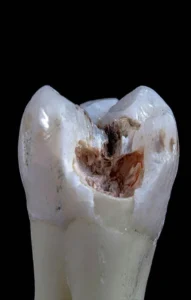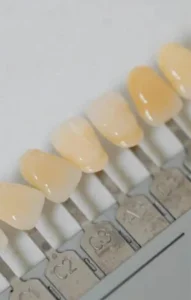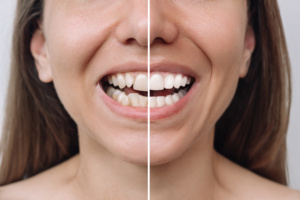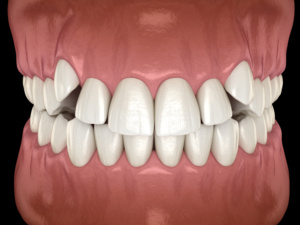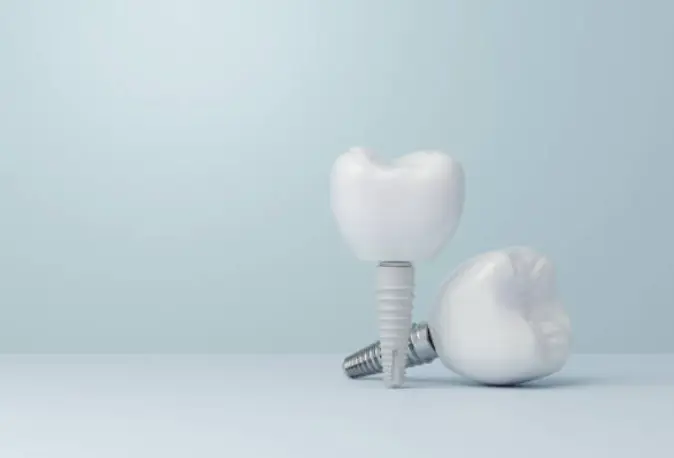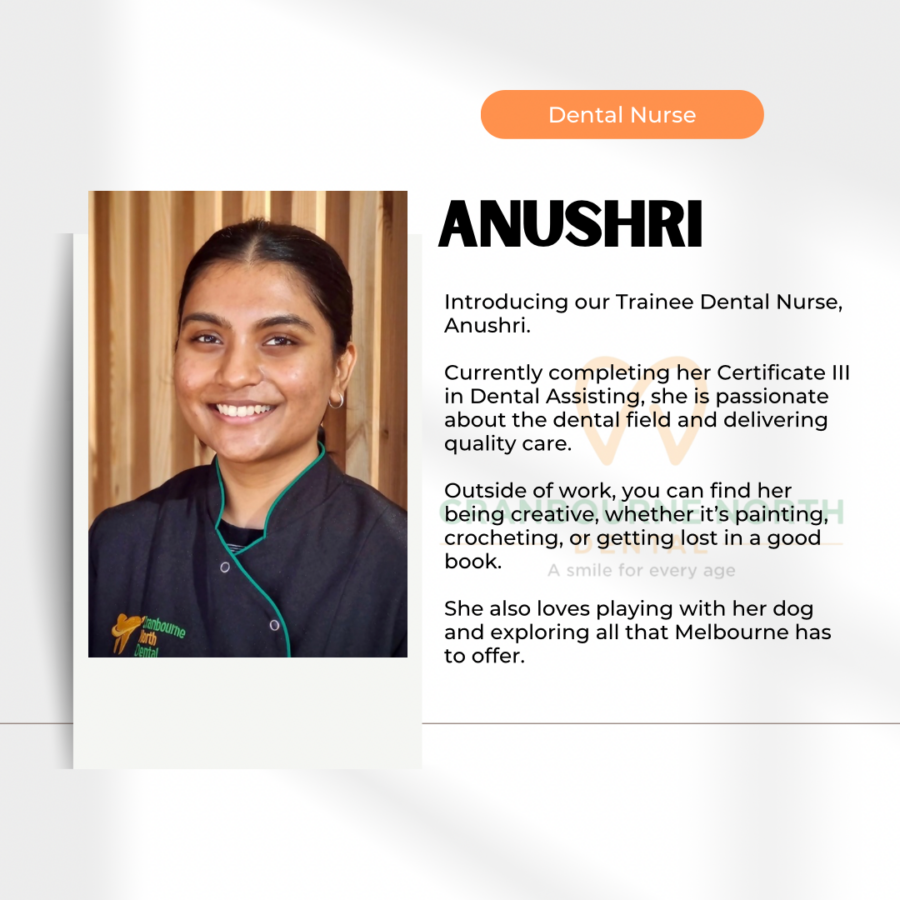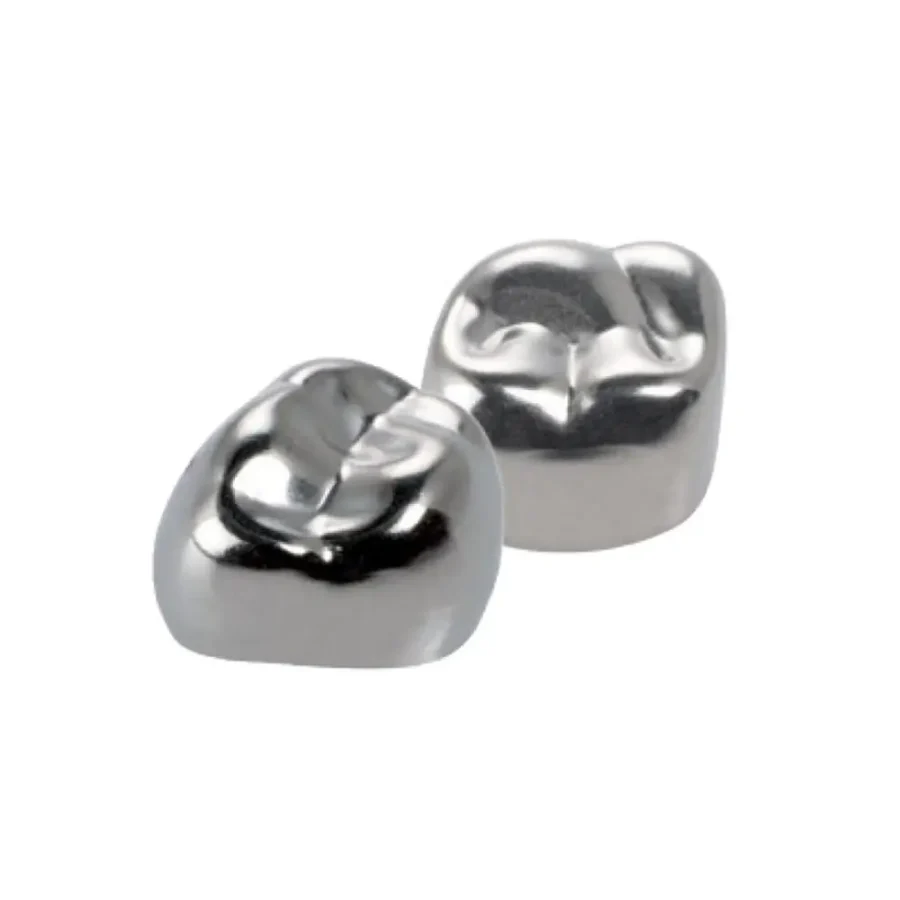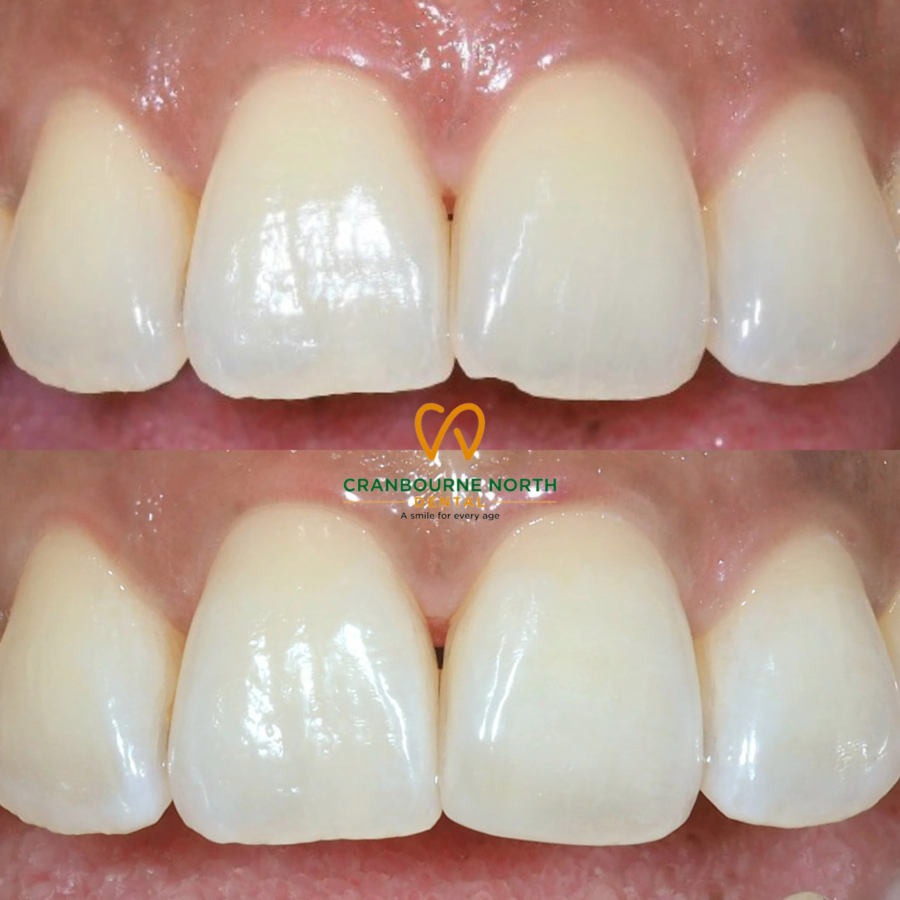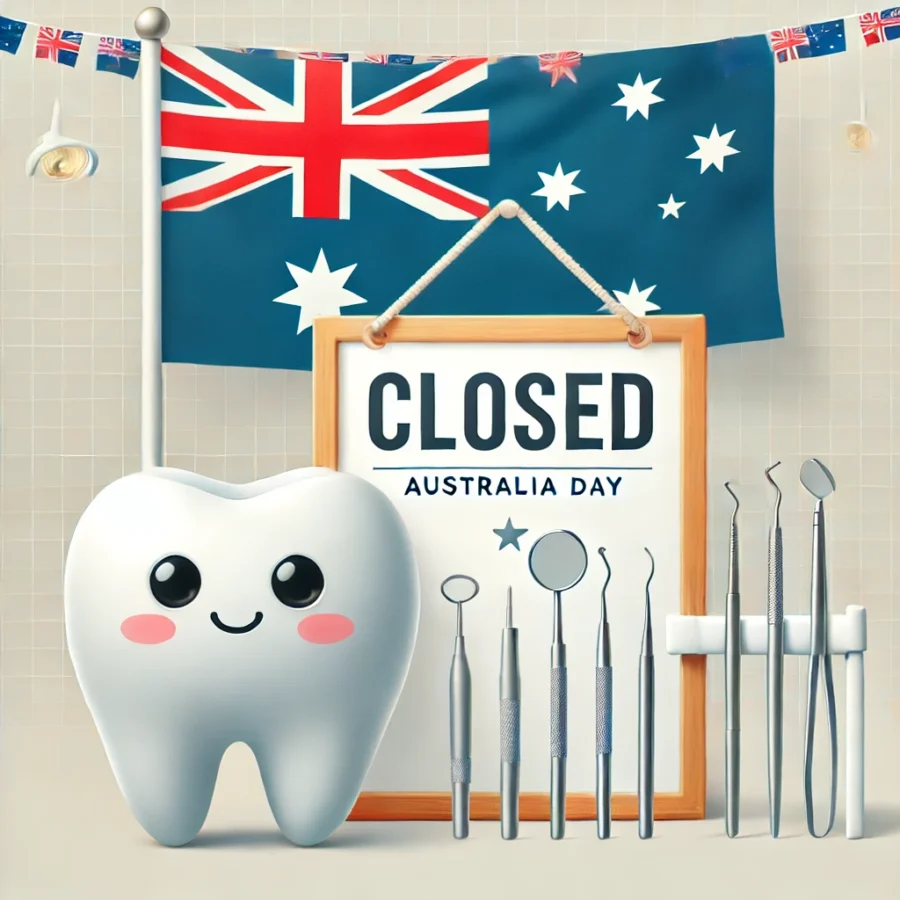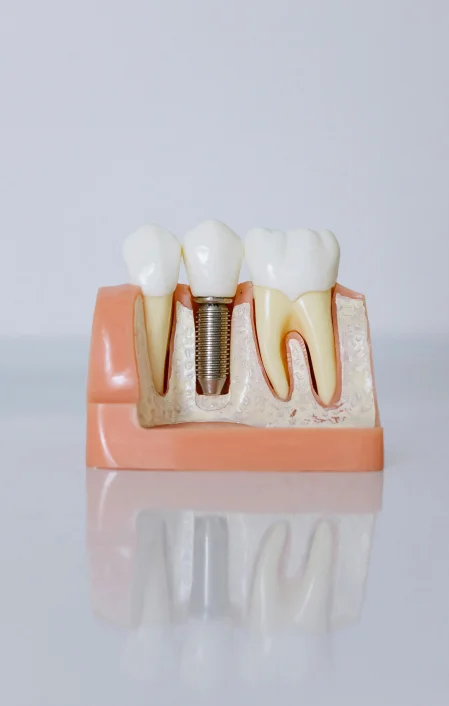
What Are Dental Implants?
Dental implants are a modern solution for replacing missing teeth, designed to restore both the function and appearance of your natural smile. Unlike dentures, implants are securely fixed in your mouth (no removal required), allowing you to maintain your daily routines without disruption. They are a great treatment for teeth affected by decay or gum disease. The implants deliver a durable and reliable solution, giving you the confidence to eat, speak, and smile comfortably.
Dental Implants Treatment
Discover the best option for your missing teeth – dental implants. Whether it’s one tooth, multiple teeth, or a full set, dental implants are an excellent solution. Our comprehensive implant services include single implants, multiple implants, fixed full arch bridges, full arch reconstruction, rehabilitation, and smile makeovers.
For more complex cases where bone availability is limited, we offer advance surgical procedures such as sinus lifts and bone grafting. What sets us apart is our ability to perform all these procedures in-house.
We use special 3D imaging software to measure your bone and to plan implant placement guides so the implant goes directly into the spot we want it to go. With recent advances in computerised implant technology, getting implants is easier than ever before with Keyhole Implant surgery.
Signs you might need a Tooth Implant
Tooth Implants are one of the best options to replace missing teeth. They are a great replacement for single or multiple teeth up to an entire jaw of missing teeth (using 4 or more implants).
Implants are also used to replace unfixable (unrestorable) teeth, namely teeth with severe decay, cracks or infected and abscesses.
Why Choose Us
Our surgeons specialise in single or multiple tooth replacements, including full arch reconstruction. We use minimally invasive techniques, like keyhole surgery, and offer sedation options for comfort. Accessible payment plans are available to help restore your smile sooner.
- Experienced Dental Implant Surgeons with over 5,000 implants placed to date.
- One location, 1-2 practitioners for your case
- Single to multiple tooth replacements with Dental Implants
- Fixed full arch implant bridges & full arch reconstruction Implant cases
- Bone grafting & Sinus lifting surgical procedures
- State of the art equipment & keyhole surgery options
- Metal Free Zirconia Implants available
- Various sedation options for certain Dental Implant procedures
- Multiple payment plan options to help you get your teeth back sooner
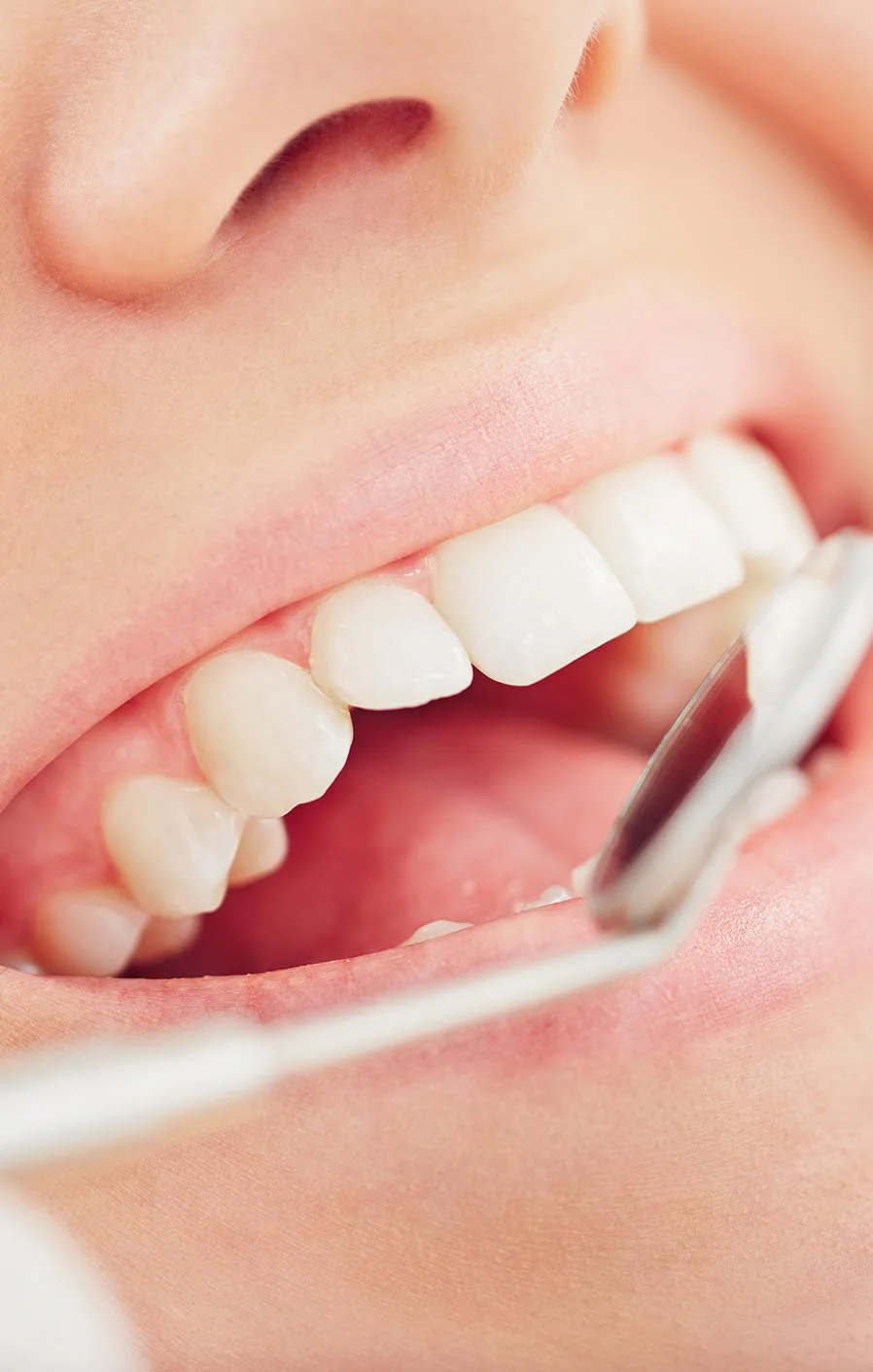
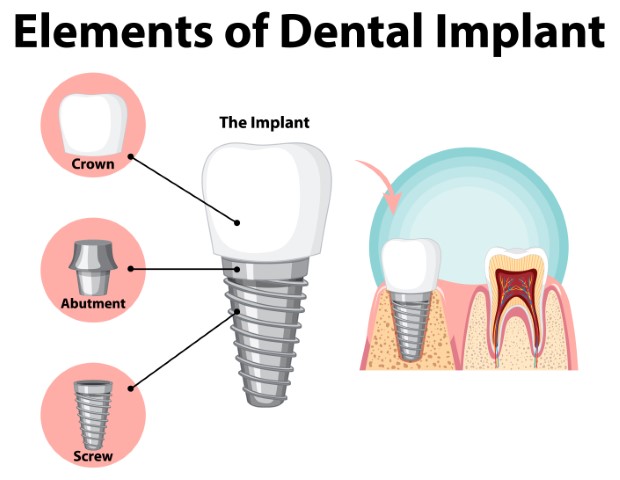
Dental Implant Surgery Steps
- We assess your overall health to ensure are a suitable candidate for dental implants. Ideally, you must be in good health, have no active gum disease and have sufficient bone volumes.
- Soft tissue and bone grafting or sinus lifts procedures may be done to improve the quality and volume of bone for the implant.
- 3D x-ray scans (CBCT) of your jaws are done to determine the optimum position of the implant. In some cases, we may take scans of your teeth and jaws for a construction of a special 3D printed surgical stent. This advanced technology allows extremely accurate positioning of the implant in your jawbone.
- We place the dental implant where the tooth once was using special implant surgery equipment. Depending on the quality of the bone, we leave the implant to integrate for a period of 3 to 6 months.
- The final step involves moulds or scans of your tooth implant so a custom crown, bridge or denture is made and screwed into place.
Possible Dental Implant Complications
Even with a success rate of 97% (see here) – Dental Implants can still fail on even the healthiest patients.
Gum Disease, Diabetes and Smoking are the major risk factors dental implant failure. These can increase the failure rate from under 3% to well over 10%. Hence, its important that we carefully manage and assess these risk factors prior to any surgery.
Bone loss around an implant are also another common problem and may affect the integration of the implant to the bone. Bone loss can be due to gum disease (periimplantitis) and if proper checks and cleans are not done on a regular basis, the implants can get infected causing their eventual failure. On rare occasions implants can also fracture if there is heavy teeth grinding.
Perhaps one of the other biggest reasons for dental implant failures are poor material and implant choice coupled with poor surgical techniques. This is why it’s important to choose an experienced Dental Implant Surgeon to carry out your Implant surgery!
Call Us or Book Online Now
Common Problems
Frequently Asked Questions For Dental Implants Treatment

Why Are Implants So Expensive?
There are several reasons why implants can be expensive:
- Material Costs: Surgical-grade titanium, which is often used in implants, can be expensive. Additionally, other materials and components used in the implant may also contribute to the overall cost.
- Manufacturing and Quality Control: Implants need to meet strict quality standards and undergo rigorous testing to ensure they are safe and effective. The manufacturing process and quality control measures add to the cost.
- Research and Development: Developing new implant technologies and improving existing ones requires significant investment in research and development. These costs are often factored into the price of the implants.
- Surgical Expertise: Implant surgeries require highly skilled Dental Professionals and specialised medical equipment.
- Lack of Medicare Rebates: Unfortunately there is no Medicare coverage for Dental Implants, meaning patients have to bear the full cost themselves.
- Insurance Coverage: While private health insurance may cover part of the cost for some individuals, the extent of coverage can vary depending on the insurance policy.
Can I Get a Dental Implant?
Dental implants are a great option for a single or multiple missing teeth. Nothing will ever be as good as your own natural tooth but implants are the closest thing to it!
Suitability depends on a few factors:
- Medical history – there are some medications and medical conditions that can affect suitability, including some osteoporosis medications, cancer medications and immunosuppressant medications.
- Smoking history – Smoking adversely affects the success rate of implants by affecting healing and bone turnover in the area, this is assessed on an individual basis
- The bone type and quality – There needs to be good quality and volume of bone in order to place implants. If not, there may be a need for bone grafting prior to getting implants
- Bite – The way the teeth bite together needs to be assessed. Unfavourable bites may also affect the implant success rate.
How Painful Is a Dental Implant?
The procedure itself is not painful due to local anaesthesia, ensuring you feel comfortable throughout. Post-surgery, mild discomfort or swelling may occur, but this can be managed with over-the-counter pain relief. Most patients describe the recovery as easier than expected.
How Much Is a Dental Implant?
The cost of a dental implant can vary depending on individual circumstances, including the number of implants required and any additional treatments. At Cranbourne North Dental, we provide a detailed cost estimate after an initial consultation, ensuring transparency in your treatment plan.
How Long Do Dental Implants Last?
Dental implants are a long-term solution for tooth replacement. With proper care, including good oral hygiene and regular dental check-ups, implants can last 20 years or more, and often a lifetime.
What Is the Difference Between an Implant and a Crown?
A dental implant is a titanium post placed into the jawbone, acting as a root for a replacement tooth. A crown is the visible part of the tooth that is attached to the implant. Together, they function and appear like a natural tooth.
What Does a Dental Implant Procedure Involve?
The dental implant process typically involves two stages. First, the implant is placed into the jawbone, where it will fuse with the bone over several months. Once healed, a custom-made crown is attached to the implant, restoring full function and appearance.

